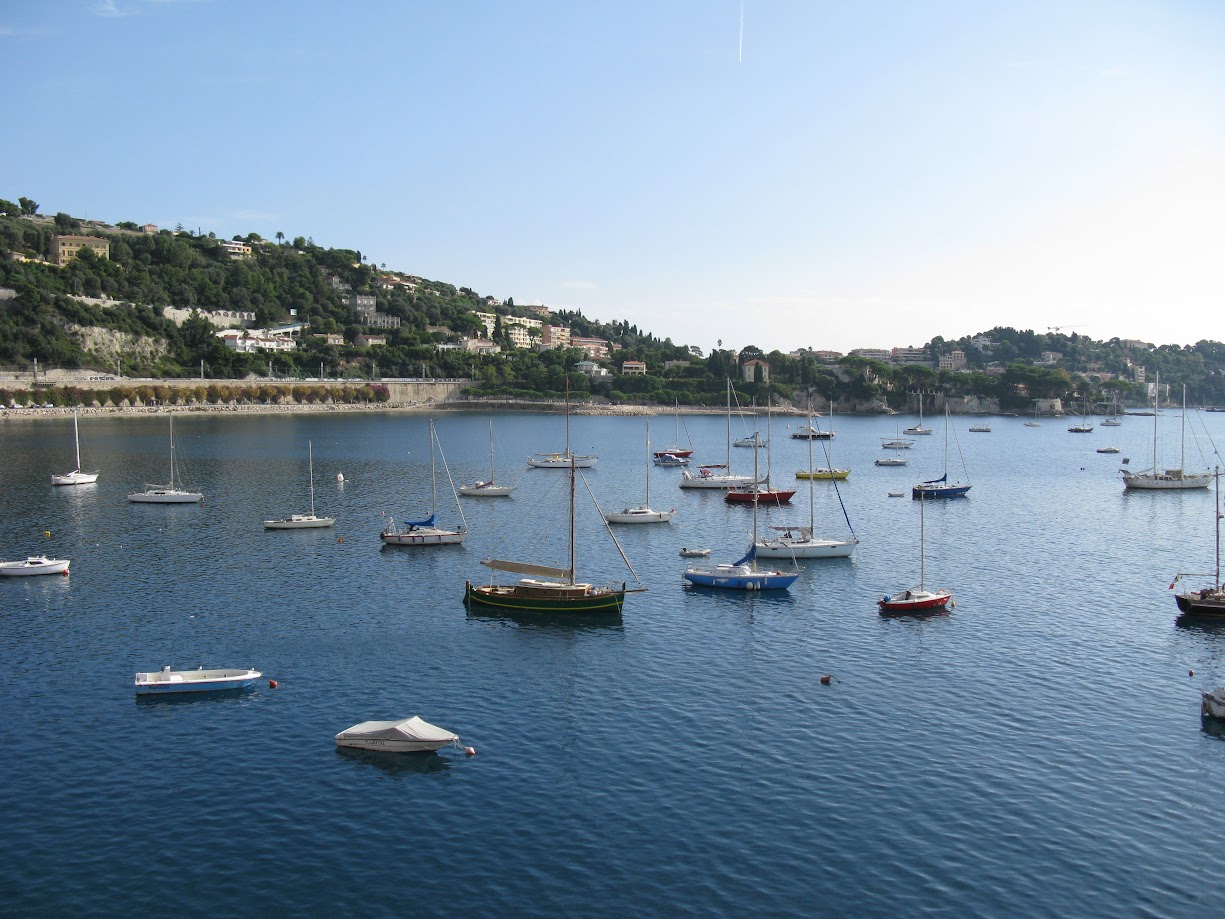Tag: September 2003
-
Mount Etna by Matt Doughty
Etna burst into our view as we explored Taormina’s Teatro Greco early one April morning. The day’s clear skies allowed us to look out across from this large amphitheatre and
-
Trip Report: Tanner’s Hatch Globies Weekend 29th August 2003 by Busby
This beautiful cottage that dates from 1614 has been converted to a Youth Hostel. Thanks to fellow Globetrotters Jeanie Copland’s organisation, we met in the middle of National Trust land
-
Our Friends Ryanair
Good news and bad news for our friends, Ryanair. On the one hand, they recently reported a 44 percent year-on-year increase of passenger numbers. They say that they handled 2.141
-
Our Friends easyCar
Our webmaster passed on an e-mail of complaint by an easyCar customer. easyCar is a low cost, no frills car hire company. We thought we’d pass it along in case
-
Iris’s Diary of an Overland Trip through South America: Rio!
And so we left Buenos Aires and now here I am in Brazil! We crossed the border last night after visiting the Iguaçu waterfalls on the Argentinean side, which was
-
Traveller’s Diseases: Giardiasis
What is it: Giardiasis is a diarrhoea illness caused by a microscopic parasite (Giardia intestinalis) that lives in the intestines of people and animals. It can occur anywhere in the
-
Meeting News from London
Globetrotters meeting 6th September 2003 by Padmassana We had a very special guest join us at the September Globetrotters meeting, despite not being announced, we were honoured that Mary-Jane Sweet
-
Mac’s Jottings: Japan
U. S. Soldiers Home, Washington: during a century of travel (well 78 years!) both in and out of service I have travelled to over 150 countries (I count both North
-
Meeting News from New York
Stop press, the NY October meeting has been cancelled. For details of forthcoming meetings email newyork@globetrotters.co.uk or register for email updates, click here at our website. New York meetings are
-
Meeting News from Ontario
For information on Ontario meetings, please contact Svatka Hermanek: shermanek@schulich.yorku.ca or Bruce Weber: tel. 416-203-0911 or Paul Webb: tel. 416-694-8259. Meetings are held on the third Friday of January, March,

